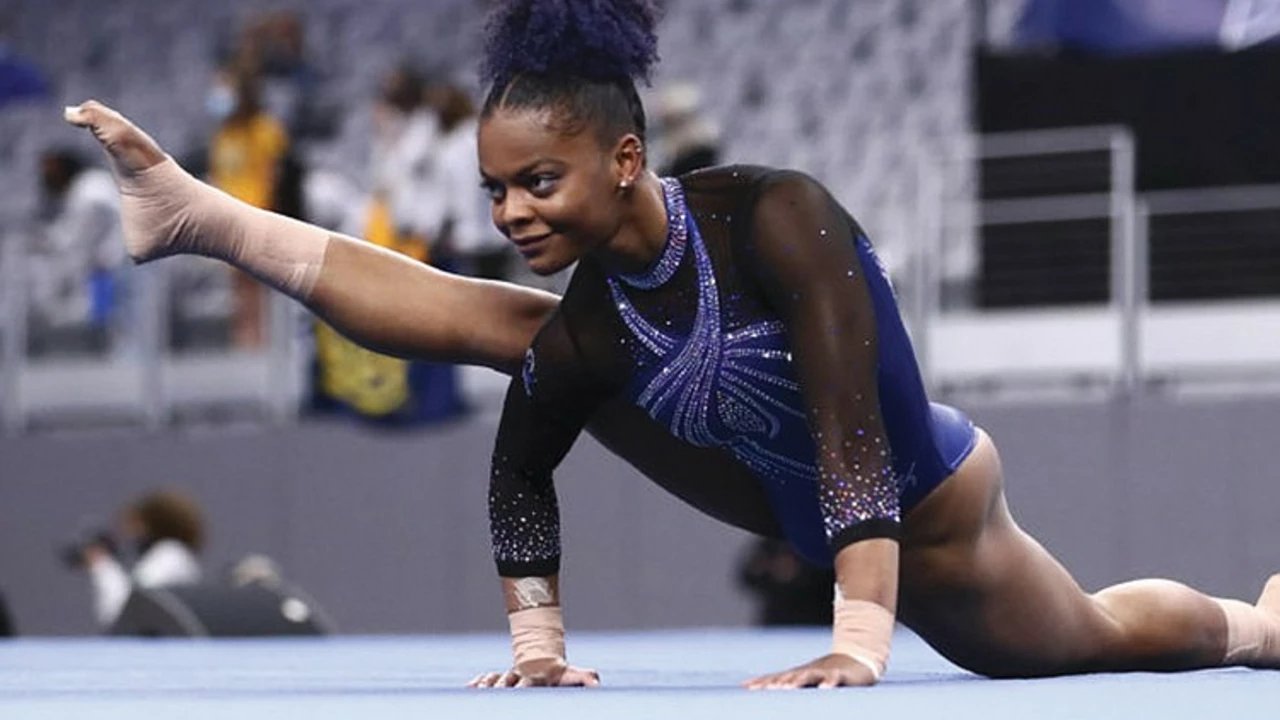Athlete Experience
When exploring athlete experience, the day‑to‑day reality of professional sportspeople, from contract negotiations to global travel, you quickly see how player pay, the earnings athletes receive in different leagues and markets and sports streaming, the ways fans watch games online shape that reality. Athlete experience isn’t just about performance on the field; it’s a web of financial deals, media exposure, and personal choices that together define a career.
One major thread is player unions, organizations that bargain for better contracts, health benefits, and safety rules. Strong unions can boost pay, protect injury rights, and give athletes a louder voice in league decisions. When unions are weak, as some analysts note with the NFLPA, players face shorter contracts and fewer guarantees, directly influencing their overall experience. Another key factor is overseas play, the practice of competing in foreign leagues during off‑seasons. For WNBA stars, playing abroad can mean up to twelve times more earnings, cultural exposure, and a chance to keep skills sharp. This overseas stint also ties back to streaming, because fans worldwide need reliable platforms to follow their favorite athletes across borders.
Related Factors Shaping the Athlete Experience
Media coverage and streaming options act as a double‑edged sword. Free streaming guides, like the one for the 2025 Ryder Cup, show how athletes benefit from broader visibility, attracting sponsors and boosting their market value. At the same time, the rise of digital platforms changes how younger fans consume big events, putting pressure on leagues to adapt or risk losing viewership. The way athletes engage with pop culture—think of a pop star releasing an album alongside a star quarterback’s announcement—adds another layer, merging personal branding with sporting milestones.
All these pieces—pay structures, union strength, overseas opportunities, and streaming accessibility—interlock to create the full picture of what it means to live as a professional athlete today. Below you’ll find a curated mix of stories that dive into each of these angles, from salary talks in the WNBA to how streaming deals reshape fan interaction. Let’s see how the diverse experiences of athletes come together in the articles that follow.
What happens when you quit from an NCAA sport?
Deciding to quit an NCAA sport can have varied personal and academic consequences. The immediate impact is the potential loss of an athletic scholarship, a significant blow for those relying on it for tuition. Along with this, there's the emotional toll from leaving a team and the sport you loved. There's also a shift in your daily routine, as the grueling training sessions and competitions are no longer there. However, it can also present an opportunity to explore other interests and passions.
